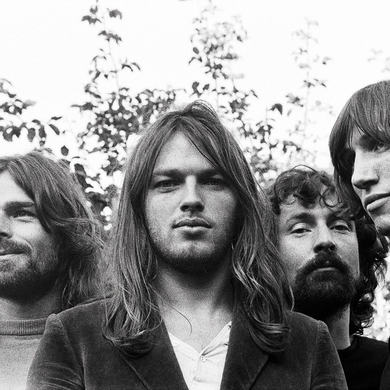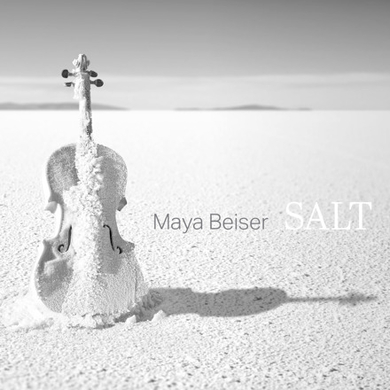With its detested old Gasteig complex under long-overdue reconstruction, the Munich Philharmonic has taken up temporary residence in the spanking-new Isarphilharmonie. Price tag, about $50 million. Construction time, a year and a half. Acoustics by the wizardly Yasuhisa Toyota. The neighborhood ain’t chic (industrial is more like it). But the word is out: the Isarphilharmonie is a great place to hear music. This program of music you mostly won’t know should put it to the test. Valentin Silvestrov’s brief Elegie, for strings, written early in the 21st century, is the hors-d’oeuvre. Next up: Sofia Gubaidulina’s The Wrath of God, which premiered during the pandemic, prompting talk of Beethoven and the trumpets of Jericho. And then, the orchestrally scored song “An die Hoffnung” (To Hope) by the irascible, short-lived Max Reger (1873–1916). A post-Romantic of reactionary leanings, he owed as great a debt to Wagner as he did to Bach; the mandarin Arnold Schoenberg considered Reger a genius. The conductor is Oksana Lyniv, of Ukraine, who goes on chalking up first after first: first woman to conduct at Bayreuth, first woman music director of an Italian opera house (Bologna’s), etc. etc. And at 44, she’s just hitting her stride. Traditionalists will say she saved the best for last, wrapping up the evening with a generous tranche from Parsifal, Wagner’s mystic swan song. —Matthew Gurewitsch
Arts Intel Report
Silvestrov, Gubaidulina, Reger, Wagner

The opening of the Isarphilharmonie, 2021.
When
Sept 16–17, 2022
Where
Etc
Photo: © Tobias Hase/Münchner Philharmoniker


